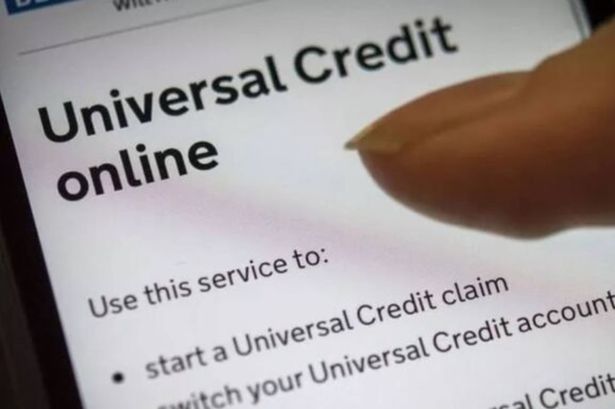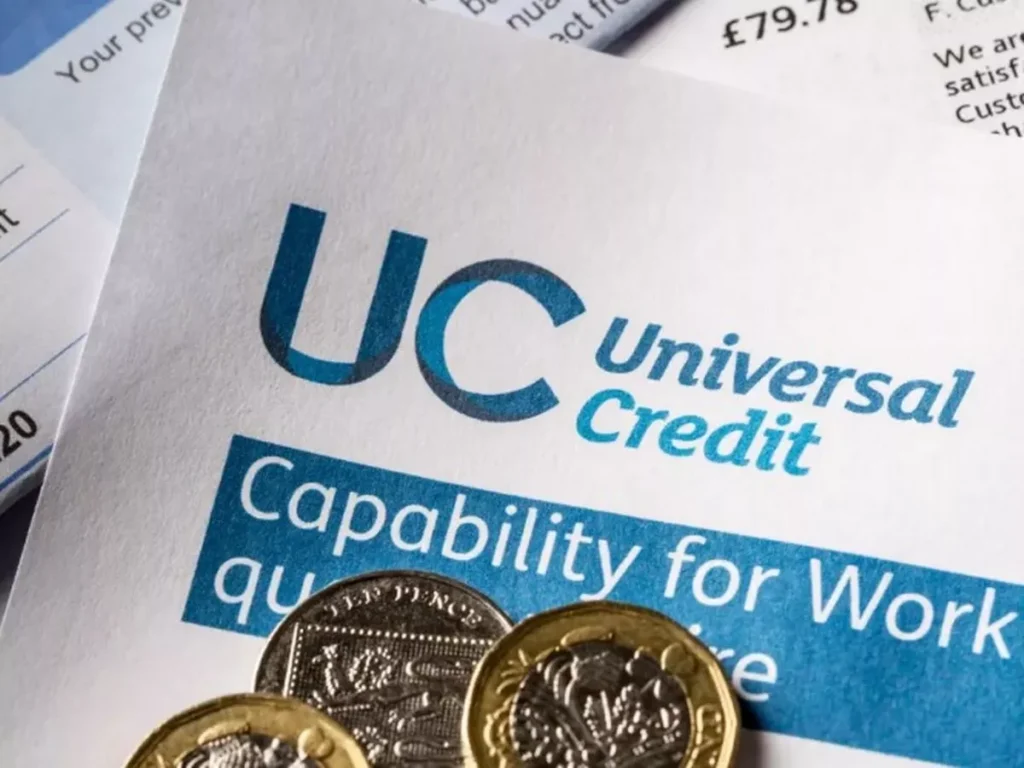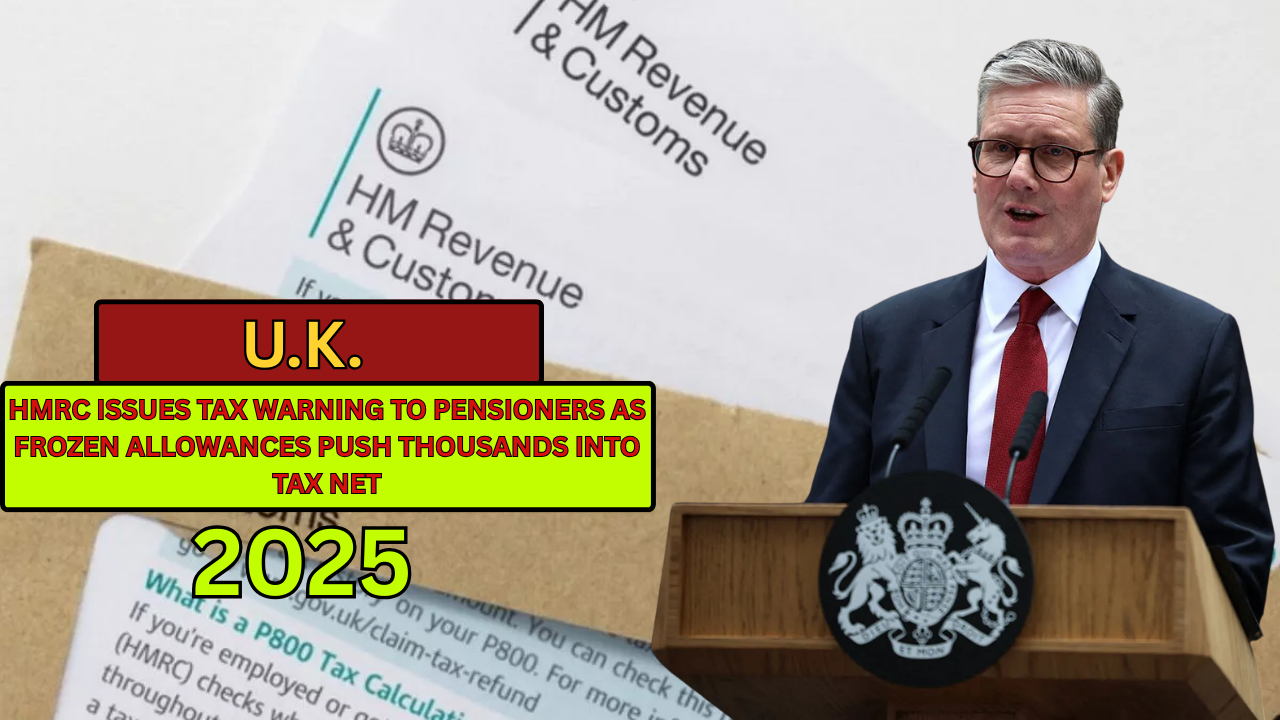In a significant development affecting hundreds of thousands of older citizens, HM Revenue and Customs (HMRC) has issued a fresh warning to pensioners—particularly those born between 1957 and 1959—about unexpected tax liabilities due to rising state pensions and frozen personal allowances.
With the United Kingdom’s state pension having risen by over £900 per year thanks to the government’s triple lock guarantee, more retirees are finding themselves unintentionally crossing the tax threshold. HMRC has begun sending out letters to inform affected individuals of their new tax responsibilities.
Why More Pensioners Are Being Taxed
The triple lock policy ensures that state pensions increase each year by the highest of three measures: inflation, average earnings growth, or 2.5%. While this policy safeguards retirement income against inflation, it has also resulted in higher annual payouts.
In 2024, this mechanism increased the new full state pension to £11,502 annually, edging many pensioners dangerously close to the tax-free personal allowance limit of £12,570, which has been frozen until at least April 2028. Those receiving even modest additional income—whether from private pensions, investments, or part-time work—now risk surpassing the threshold and becoming liable for income tax.

As a result, HMRC expects over 300,000 pensioners to face income tax for the first time during the 2023/2024 fiscal year. The surprise tax bills are being issued now, with payments due by January 31, 2025.
For details on income tax thresholds and pension tax rules, visit gov.uk/income-tax-rates and gov.uk/tax-on-pension.
Emergency Tax Codes and Pension Withdrawals
In addition to the state pension increases, another issue contributing to unexpected tax charges is the use of emergency tax codes. When pensioners access defined contribution pensions via one-off lump sums—often under pension freedoms introduced in 2015—these withdrawals can trigger automatic taxation using emergency tax codes (typically ending in W1, M1, or X).
These temporary codes do not account for the individual’s full financial situation and often result in over-taxation. Between January and March 2025, HMRC refunded more than £44 million to over 15,000 pensioners, averaging £2,881 per person, due to such overcharging.
How to Respond if You Receive a Tax Letter
If you receive a tax letter from HMRC, it is crucial to:
- Check your tax code – A code ending in W1, M1, or X could mean emergency tax was applied.
- Calculate your total income – Consider state pension, private pensions, and any additional earnings.
- Use the appropriate tax reclaim form:
- P55 – If you’ve stopped taking your pension and believe too much tax was taken.
- P53Z – If you’ve withdrawn a lump sum but continue working.
- P50Z – If you’ve taken a lump sum and stopped working entirely.
- Pay attention to deadlines – Tax payments for the 2023/24 year are due by January 31, 2025.
- Seek help if needed – You can contact HMRC directly via their helpline, or consult a financial advisor for guidance.
Tax Burden Likely to Increase
Financial experts have raised concerns that more retirees will be drawn into the tax net due to the freeze on the personal allowance. The Institute for Fiscal Studies (IFS) has warned that up to 1.6 million more pensioners could become taxpayers by 2028 unless tax thresholds are revised.

In a broader context, the government’s strategy appears to be leveraging “fiscal drag,” where inflation and wage growth push more people above static tax thresholds, effectively increasing tax revenues without explicitly raising rates.
Final Thoughts
The recent wave of HMRC tax letters is a reminder for pensioners to stay alert to changes in their income and tax status. With rising pensions and fixed thresholds, many who never paid income tax before may now need to file returns or make payments. Understanding your tax code and acting early can help avoid unpleasant surprises.
To stay informed and manage your tax obligations effectively, visit www.gov.uk or consult with a certified financial advisor.
This article has been carefully fact-checked by our editorial team to ensure accuracy and eliminate any misleading information. We are committed to maintaining the highest standards of integrity in our content.

Outside of work, he enjoys playing chess, following cricket, and writing short stories. His commitment to integrity and in-depth analysis strengthens OTE News’ mission of providing trustworthy journalism.




